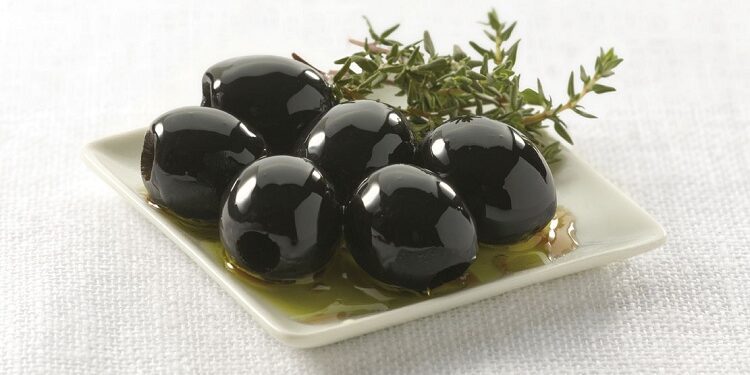The Diplomat
The Spanish government yesterday described as “excellent news” the ruling of the World Trade Organization (WTO) against the tariffs imposed in 2018 by the United States on Spanish black olives.
In June 2017, the US Department of Commerce (DoC) and the International Trade Commission (ITC) opened two investigations on the grounds that Common Agricultural Policy (CAP) subsidies to the Spanish black olive sector were illegal and represented “unfair competition”. As a result, on August 1, 2018, the United States imposed tariffs of 35% on black olives from Spain, which has “had a significant impact on exports from Spain to the US over these three years, since, taking 2017 as a reference (approximately about 70 million dollars), they have been reduced since then by more than 70%,” as reported by the Spanish government.
In January 2019, in view of the irregularities in the investigation procedure followed by the US administration and the questioning of CAP aid, the European Commission, at the request of the Government of Spain, decided to request consultations with the US before the World Trade Organization. Since these consultations were unsuccessful, in May the EU requested the World Trade Organization to create a special group to investigate the anti-dumping and anti-subsidy measures imposed by the United States. Despite Washington’s blockade, the WTO established a panel in June of the same year to look into the matter.
The WTO made public this week the Panel’s Final Report, which has ruled that the US measures are “inconsistent” with the WTO’s own rules and has therefore urged Washington to eliminate the levies imposed by the then Administration of Donald Trump against Spanish black olives. This ruling supports the arguments of the EU before the WTO Panel, “to which it should be added that the procedure has also been questioned by the US Court of International Trade itself before the lawsuit filed by Spanish exporters before this body,” recalled the Spanish Executive.
In the opinion of the Minister of Industry, Trade and Tourism, Reyes Maroto, this decision “is excellent news, since we have always defended that the anti-subsidy measures against Spanish black olives are totally unjustified, and this has been ratified by the WTO itself”. Also, the ruling is “a big step to reach a final solution with the U.S. Government, to eliminate these measures that are doing so much damage to the export of Spanish black olives”. “We will continue working with ASEMESA and other associations to defend the interests of Spanish olive producers and we will use all the means at our disposal to put an end to these tariffs,” she added.







